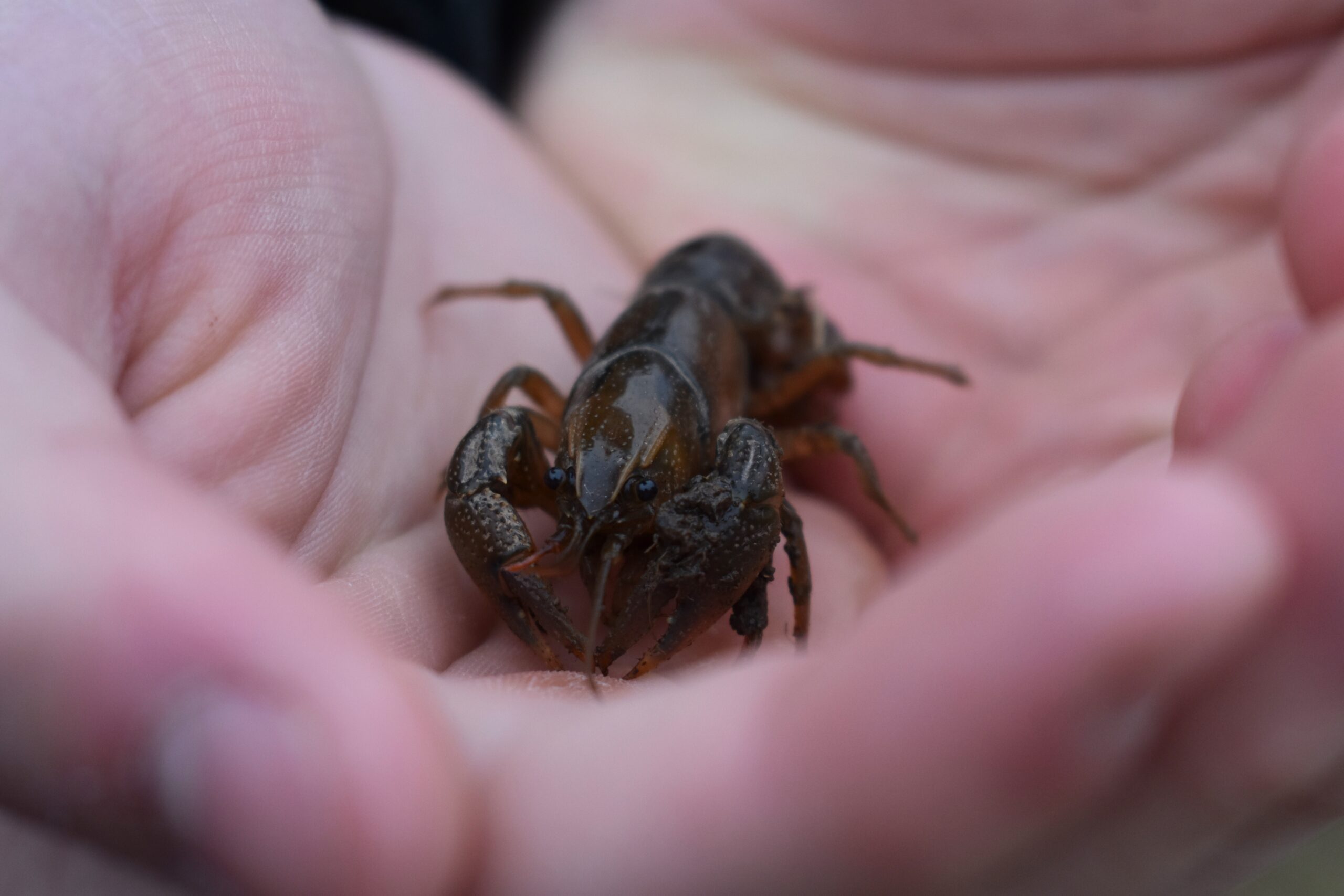Wisconsin News
Companies cited for selling invasive crayfish to Wisconsinites

Two suppliers of aquatic creatures were recently convicted for ignoring warnings from the Wisconsin Department of Natural Resources and selling illegal invasive crayfish species to Wisconsinites, the department announced Wednesday.
In March and April, the national companies, Aquatic Arts and Carolina Biological Supply Company, were each convicted of 20 citations in Wisconsin county circuit courts, according to the DNR.
Crayfish species that are not native are illegal in the state, the department said. Only native species can be possessed alive, said Lieutenant Robert Stroess, a DNR administrative warden.
“Certain species of crayfish cause significant ecological harm,” Stroess said. “They overtake waterways.”
People buy and ship crayfish and other aquatic species for food, pets, education and research. In this case, the companies were selling the invasive crayfish to Wisconsinites as pets, or for classrooms and science research, Stroess said.
A representative of Aquatic Arts said the company is under new ownership and was not involved with the shipment of restricted species. “We take all environmental regulations seriously and have implemented strict safeguards to prevent the shipment of any species prohibited by state law,” the company stated.
Carolina Biological Supply Company did not respond to a request for comment.
The two cases are some of many the DNR has uncovered since 2019 when, Stroess said, the agency began uncovering a large-scale trade of invasive species and “quickly came to learn, after overturning enough stones, that it was widespread,” he said.
Along with crayfish species, many vendors also ship fish and aquatic plants that are invasive, he said.
“We do the initial outreach to them, to try to educate them,” Stroess said. “And I would like to say that most respond by changing their practices. But what we found so far, after five years of doing this, [is] that only about a quarter of them actually have stopped their practices of shipping their regulated or prohibited species across state lines.”
Invasive species can have environmental consequences if released. They can out compete native species, resulting in costly clean-up efforts, such as a years-long about $800,000 removal of a red swamp crayfish infestation in Germantown starting in 2009, according to the DNR.
Invasive crayfish could be unleashed by Wisconsinites unknowingly, Stroess said, for example, if they’re sent home from classrooms with children.
In other cases, people may order the crayfish for boils.
“They escape, because people are playing with them in the kiddie pool in the front yard before they have a boil,” Stroess said. “That’s what we’ve seen.”
A better alternative would be to order frozen invasives, such as red swamp crayfish, for boils, he added.
The state has six native crayfish species.
Wisconsin Public Radio, © Copyright 2025, Board of Regents of the University of Wisconsin System and Wisconsin Educational Communications Board.


